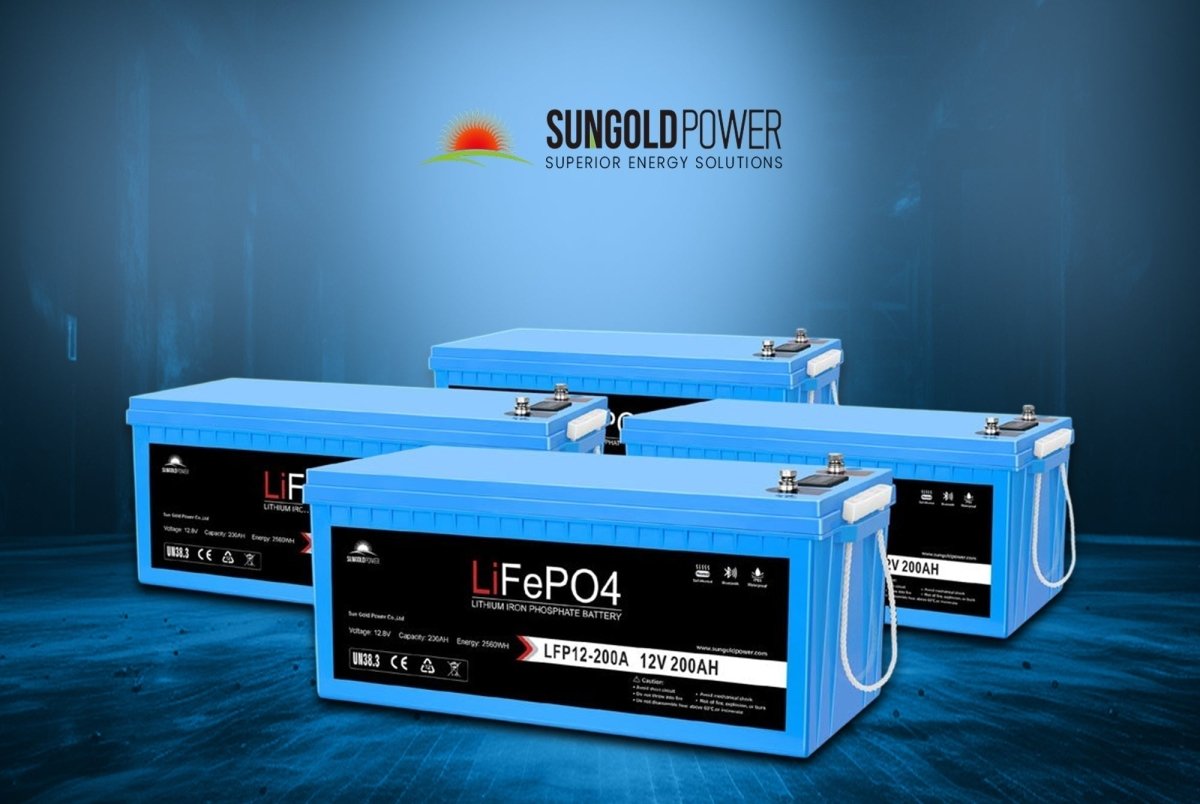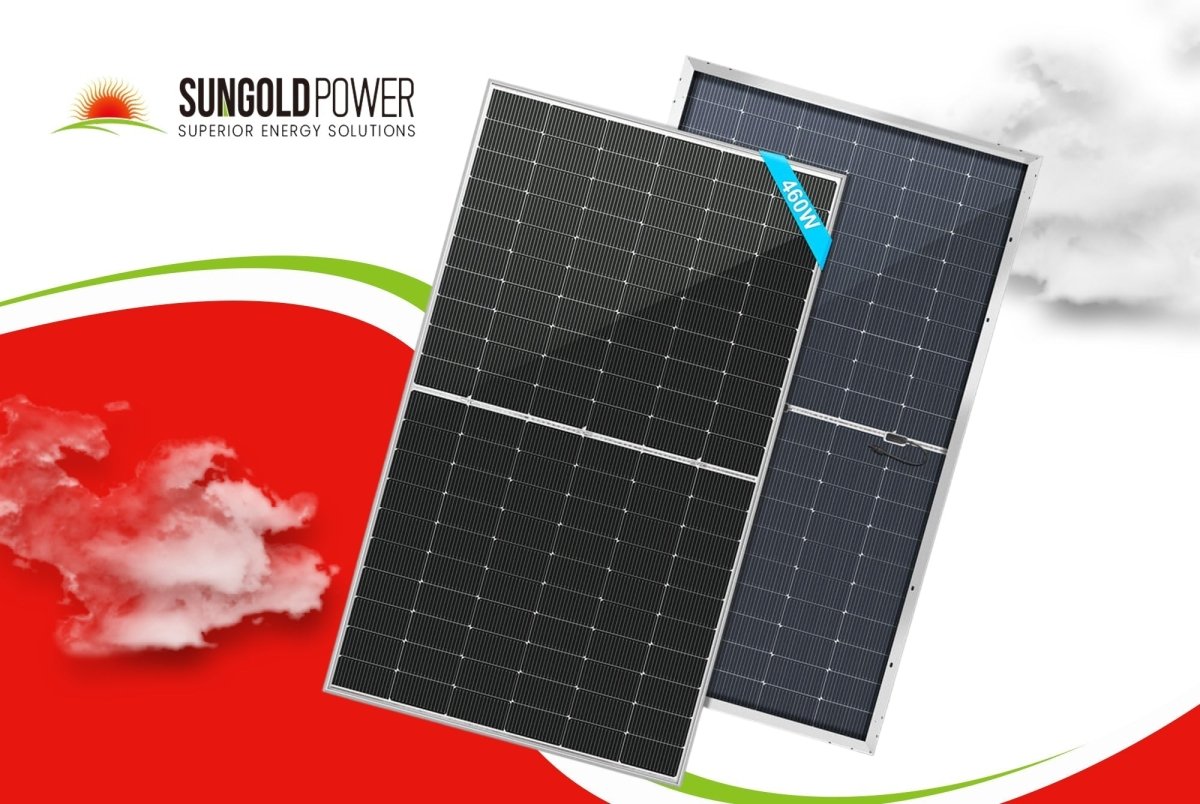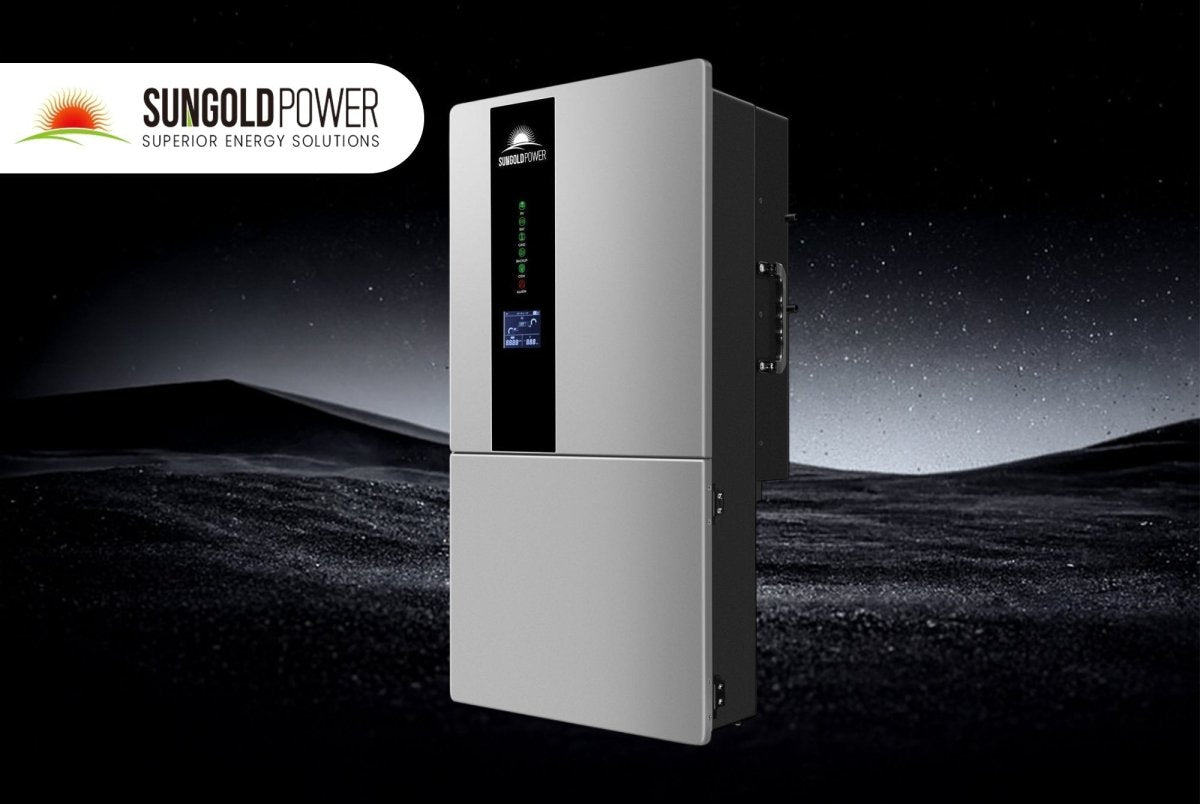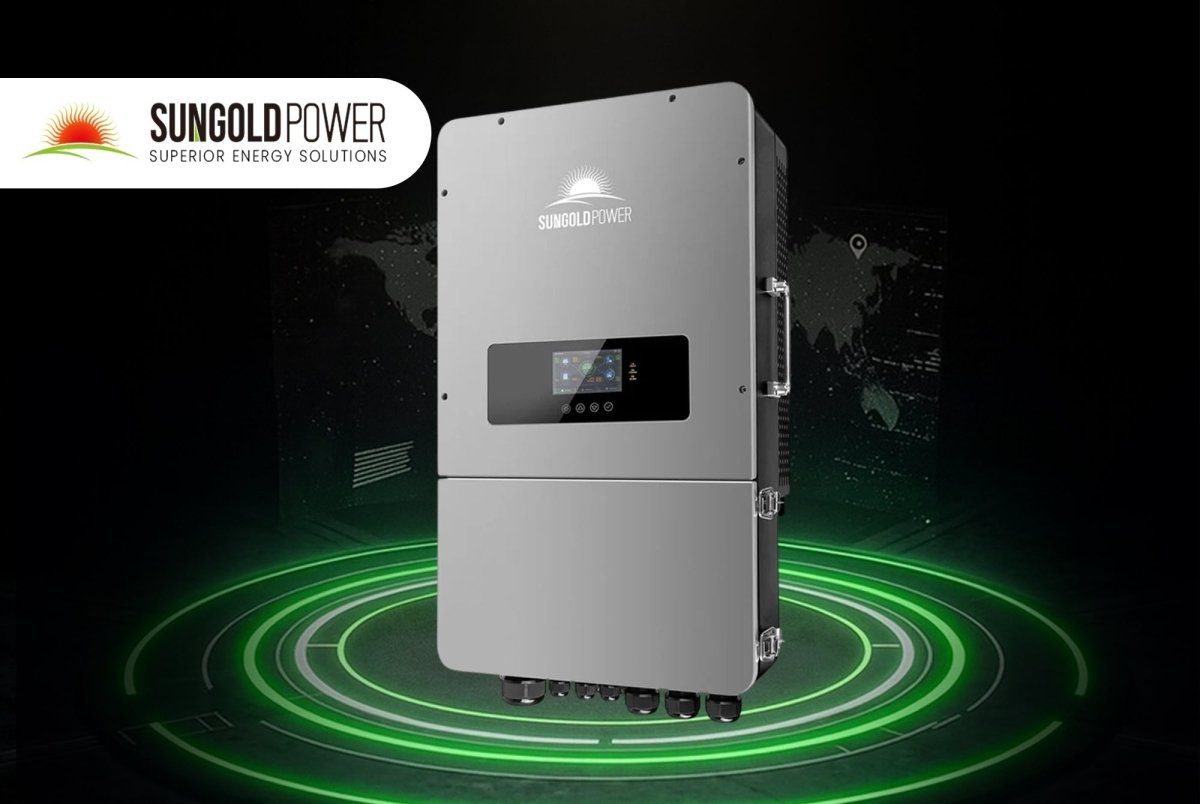The Future of Energy Storage: Exploring 48V LiFePO4 Battery Technology

The need for effective energy storage solutions is fast rising as renewable energy forms the mainstay of sustainable living. Offering exceptional performance, lifetime, and dependability for solar power systems, the 48V LiFePO4 battery is among the most developed answers in this field. This battery technology is driving solar projects—like those supported by SunGoldPower—towards more robust and efficient energy storage systems.
How Does a 48V LiFePO4 battery operate and what is it?
Designed especially for high-demand uses including solar power storage, a 48V LiFePO4 battery is a type of lithium-ion battery. Renowned for its great energy density, this battery runs on lithium iron phosphate (LiFePO4) chemistry, which ensures better safety, longer life, and more stability than conventional batteries.
Its efficiency stems from its Battery Management System (BMS, which closely watches important elements including temperature, voltage, and current to ensure the best performance. Along with increasing safety, the BMS helps guard against overheating, overcharging, and short circuits, so extending the lifetime of the 48V lithium battery. For systems like solar configurations that demand consistent, continuous power, this makes it the perfect fit.
Advantages of Choosing a 48V LiFePO4 Battery for Energy Storage
Selecting a 48 volt lithium-ion battery has several advantages, particularly regarding solar energy storage. These batteries first and most importantly have an amazing lifetime. Proper maintenance allows a battery LiFePO4 48V to last up to 10 years, much beyond the lifetime of other kinds of batteries.
Their low self-discharge rate also lets them store their charge for extended periods even in non-use. For solar uses where energy consumption might vary year-round, this is especially advantageous. The 48V LiFePO4 battery can manage a higher depth of discharge (DoD), hence you can use more of its capacity without degrading the battery than in lead-acid batteries.
Another benefit is temperature resilience. The 48V lithium battery runs effectively over a wide range of temperatures, ensuring dependable performance year-round, unlike other battery types that degrade in extremely hot or cold climates. This makes it an excellent choice for various surrounding solar projects.
Comparing 48 Volt LiFePO4 Batteries to Other Lithium Batteries
Comparatively, to other lithium-based technologies, 48V LiFePO4 batteries show rather clear differences. Though all lithium-ion batteries have a small size and energy efficiency, 48V lithium batteries with LiFePO4 chemistry offer better safety and lifetime. Their thermal and chemical stability is one main benefit; this lowers the risk of overheating or combustion, thus improving the safety of ordinary lithium-ion batteries.
Their capacity to manage weight without sacrificing performance marks still another difference. In solar power systems, where variations in energy demand can tax battery capacity, this is vital. High-demand solar energy storage systems choose 48 volt lithium-ion batteries since they effectively absorb and release energy. Furthermore, since the battery LiFePO4 48V makes easier-to-recycle non-toxic materials, its environmental impact is less.
While some lithium-ion batteries might have lighter weight or faster charging times, they lack the durability and safety aspects that make 48V LiFePO4 batteries more appropriate for long-term solar uses.
Providing unmatched dependability, safety, and efficiency, the 48V LiFePO4 battery reflects the direction of solar energy storage. These batteries offer a consistent and long-lasting energy storage solution because of their capacity to operate in extreme conditions, resist overcharging, and prolong a lifetime. 48V lithium batteries are a wise option for those wishing to make investments in a long-term, environmentally friendly energy source since they ensure constant, effective power for years to come.





